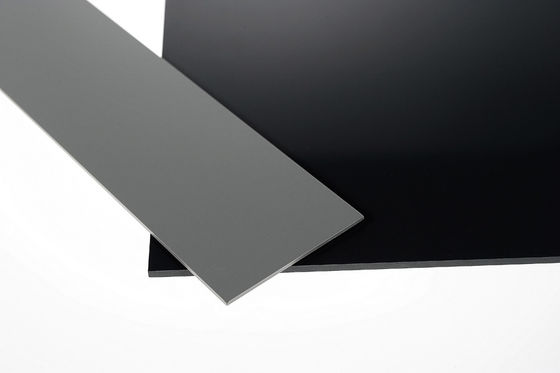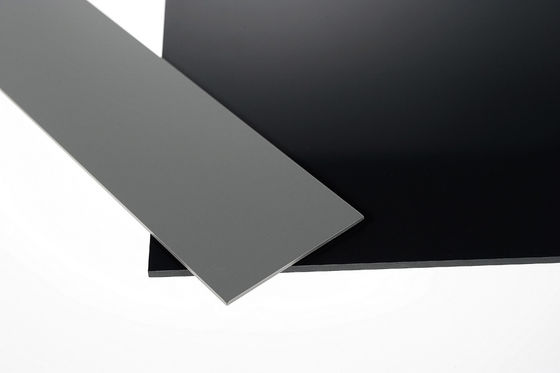
Contact me for free samples and coupons.
Whatsapp:0086 18588475571
Wechat: 0086 18588475571
Skype: sales10@aixton.com
If you have any concern, we provide 24-hour online help.
x| Product Name | Plastic Platen | OEM/ODM | OEM ODM CNC Machining Service |
|---|---|---|---|
| Logo | Accept Custom Logo | Material | Plastic |
| Delivery Time | 10-21 Days | Service | Packaging Assembly Services |
| High Light | Chemical Resistance Plastic Platen,Plastic Platen Customized Plate,platen injection molding ODM |
||
Chemical Resistance Excellent Plastic Platen Customized Plate
A plastic platen refers to a flat, rigid plate made from plastic material. Plastic platens are commonly used in various industries and applications where a stable and durable surface is required. Here is a description of plastic platens and their key characteristics:
-
Material: Plastic platens can be made from various types of plastics, including but not limited to:
-
High-Density Polyethylene (HDPE): HDPE is a commonly used plastic known for its excellent strength, impact resistance, and chemical resistance. It is often chosen for applications that require durability and resistance to harsh environments.
-
Acrylic: Acrylic, also known as PMMA (polymethyl methacrylate), is a transparent plastic with good optical clarity. It is frequently used in applications that require visual transparency or for its aesthetic appeal.
-
Polycarbonate (PC): Polycarbonate is a strong and impact-resistant plastic. It is commonly used in applications that require high durability and resistance to breakage, such as safety shields, machine guards, and protective covers.
-
PVC (Polyvinyl Chloride): PVC is a versatile plastic known for its chemical resistance and affordability. It is often used in applications that require good corrosion resistance, such as in chemical processing or water treatment.
-
-
Rigidity and Stability: Plastic platens provide a flat and rigid surface that remains stable under various loads and conditions. They offer dimensional stability, ensuring that the surface remains flat and accurate over time.
-
Lightweight: Plastic platens are generally lightweight, which makes them easy to handle, transport, and install. Their lightweight nature also contributes to reducing the overall weight of the system or structure they are used in.
-
Chemical Resistance: Depending on the type of plastic used, plastic platens can exhibit good resistance to chemicals, oils, and solvents. This resistance makes them suitable for applications that involve exposure to various substances.
-
Machinability: Plastic platens can be easily machined, drilled, cut, and shaped to meet specific requirements. This allows for customization and the creation of precise designs or features as needed.
-
Electrical Insulation: Some plastics used for platens, such as acrylic or polycarbonate, offer good electrical insulation properties. They can effectively isolate electrical currents, making them suitable for applications that require electrical insulation.
Plastic platens find applications in a wide range of industries, including manufacturing, automotive, aerospace, electronics, construction, and more. They are commonly used as work surfaces, support structures, mounting bases, cutting boards, molds, and in various other applications where a flat, stable, and durable surface is needed. The choice of plastic material for the platen depends on the specific requirements of the application, such as strength, impact resistance, chemical resistance, or transparency.





